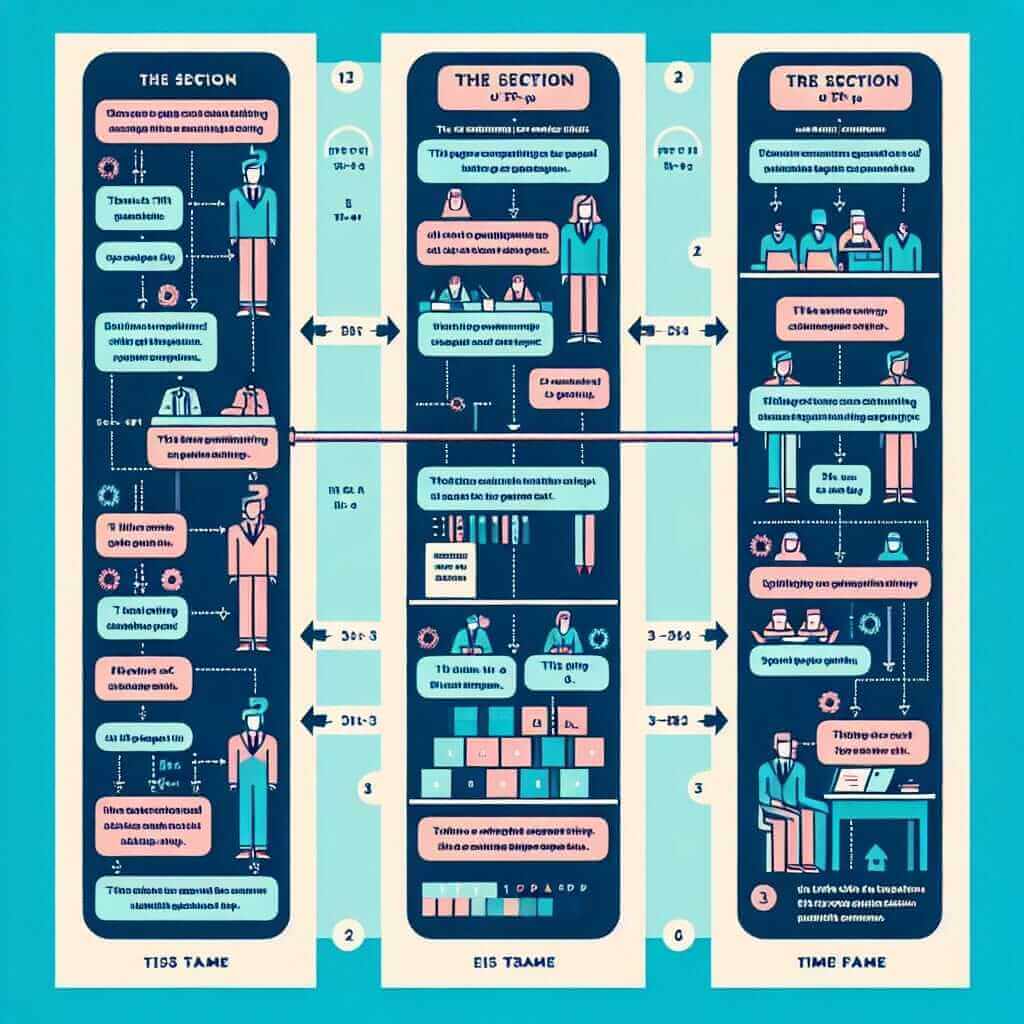Achieving a Band 6 in the IELTS Speaking test is a common goal for many test-takers. This score signifies that you are a “competent user” of the English language, capable of handling most everyday situations and communicating your ideas effectively, despite some inaccuracies or hesitations.
Understanding IELTS Speaking Band Descriptors
To effectively prepare for your IELTS Speaking test and aim for a Band 6, it’s crucial to understand what the examiners are looking for. The IELTS Speaking test assesses your spoken English based on four criteria:
- Fluency and Coherence: This evaluates how smoothly and clearly you can speak, connecting your ideas logically.
- Lexical Resource: This measures the range and accuracy of your vocabulary.
- Grammatical Range and Accuracy: This assesses your ability to use a variety of grammatical structures accurately.
- Pronunciation: This looks at how clearly you pronounce words and if your accent affects understanding.
For a Band 6, you need to demonstrate:
- Relatively fluent speech with some pauses or self-correction.
- A sufficient range of vocabulary to discuss familiar topics effectively.
- Use of a mix of simple and complex grammar, though some errors might occur.
- Clear pronunciation that is generally easy to understand.
Effective Strategies to Achieve a Band 6
1. Expand Your Vocabulary
- Focus on Common IELTS Themes: Familiarize yourself with common topics like education, work, technology, environment, and travel.
- Learn Topic-Specific Vocabulary: Instead of memorizing long lists, focus on learning vocabulary related to these common themes.
- Use a Thesaurus: A Thesaurus can help you learn synonyms and diversify your language.
2. Improve Your Grammar
- Review Basic Tenses: Ensure you understand and can confidently use present, past, and future tenses.
- Practice Complex Structures: Work on using a variety of sentence structures, including compound and complex sentences.
- Identify Common Errors: Pay attention to grammatical areas where you tend to make mistakes and focus on improving those.
3. Enhance Fluency and Coherence
- Speak Regularly: The key to fluency is consistent practice. Speak English as often as possible, even if it’s just to yourself.
- Record Yourself: Record yourself speaking and listen back to identify areas for improvement in your pace, pauses, and clarity.
- Use Discourse Markers: Learn and use discourse markers like “however,” “moreover,” and “in addition” to connect your ideas smoothly.
4. Work on Your Pronunciation
- Focus on Sounds: Identify specific English sounds you find challenging and practice them regularly.
- Listen Actively: Pay attention to the pronunciation of native speakers in movies, podcasts, or TV shows.
- Use Online Resources: Numerous online dictionaries and pronunciation guides can help you learn the correct pronunciation of words.

Example IELTS Speaking Questions and Tips
Part 1: Introduction & Interview (4-5 minutes)
- Questions: Expect questions about familiar topics like hobbies, work, family, or hometown.
- Tips: Answer fully and avoid giving one-word answers. Expand on your answers by providing reasons and examples.
Part 2: Individual Long Turn (3-4 minutes)
- Task: You’ll receive a cue card with a topic. You’ll have one minute to prepare and then speak for 1-2 minutes.
- Tips: Structure your response logically. Use the preparation time to jot down key points to ensure coherence.
Part 3: Two-Way Discussion (4-5 minutes)
- Task: The examiner will engage you in a deeper discussion related to the topic in Part 2.
- Tips: Express your opinions clearly and support them with examples. Don’t be afraid to use phrases like “I think” or “In my opinion.”
Final Thoughts
Remember that confidence is key on the day of your test. The more you practice, the more confident you’ll become. Focus on communicating clearly and effectively, showcasing your language skills within the band descriptors. With dedicated effort and consistent practice, achieving a Band 6 on your IELTS Speaking test is entirely within your reach.